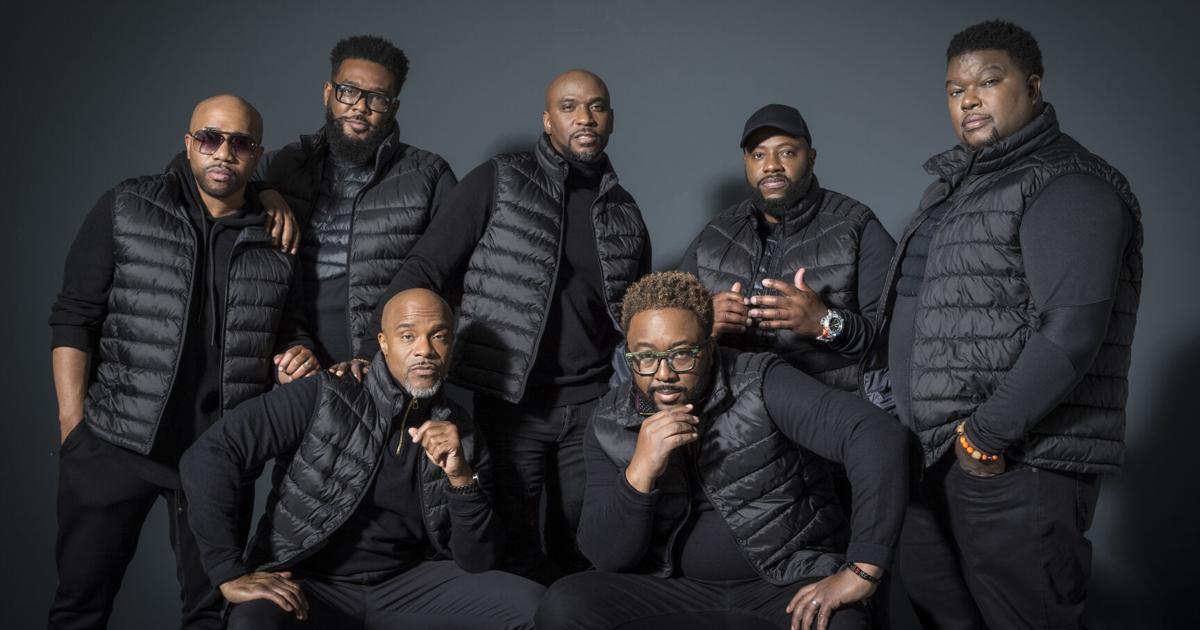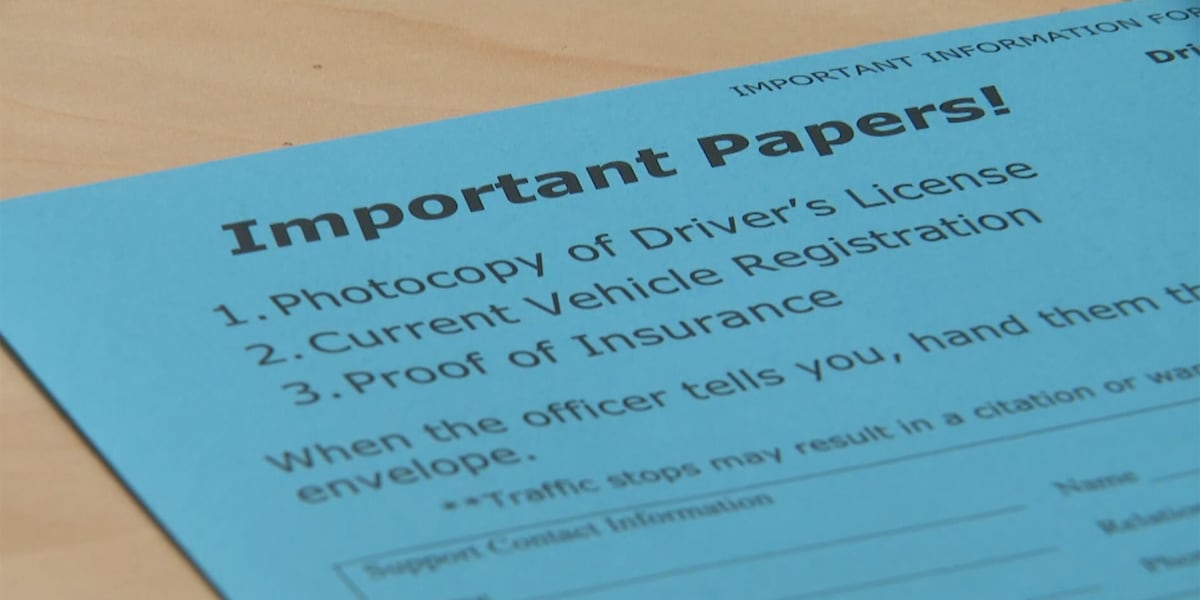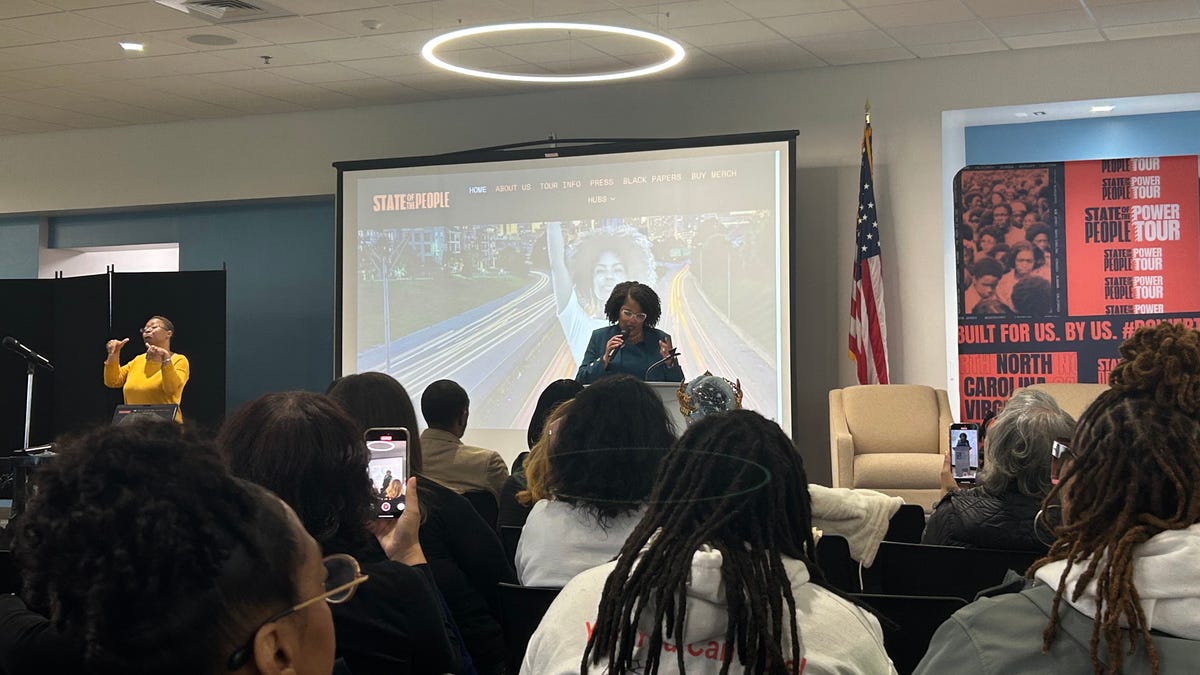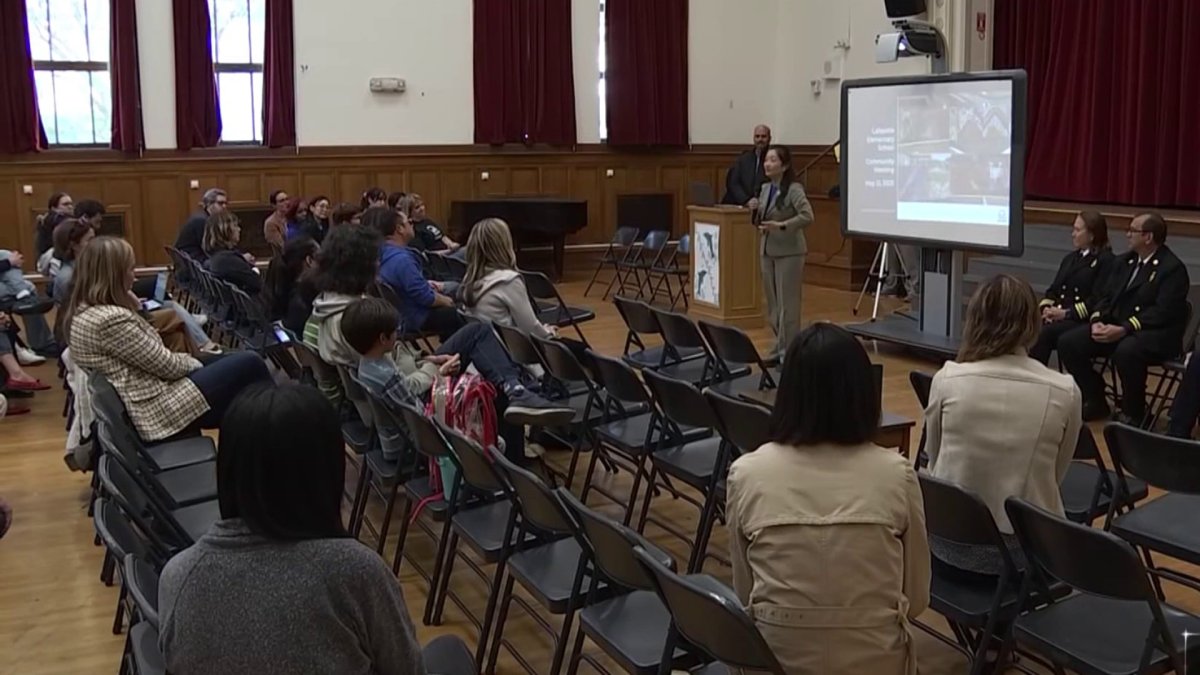When COVID closed the restaurant where she worked as a hostess, server and bartender’s assistant, Kelly McCutcheon found herself without a paycheck and a career.
Then necessity flipped the switch.
She surveyed her skills, passions and immediate resources to figure out what she could do — and love — long term. She found it in her own backyard.
Today McCutcheon, 33, is a livestock landscaper. At her business, Broken Boat Farm in Henniker, she marshals an earthy crew: nine goats and 30 sheep, who clear land that is too rocky, uneven or steep for machines to clip, stump, and purge of unwanted and invasive vegetation.
It’s a job they can sink their teeth into.
Their clients are towns, cemeteries, conservation groups, private landowners, farms and businesses that choose to clear land the centuries-old, environmentally friendly way. Not only do sheep and goats gobble up overgrowth, including on and around stone walls, their droppings restore needed minerals in depleted soil.
Michaelangel-goat is McCutcheon’s ‘MVG’ or ‘most valuable goat,’ so named because he devours nearly everything green on site. Tiny Elvis and Baa-bigail Adams are poison ivy-eating champions that also feast on bittersweet.
“Wayne Goatsky is the best at multi-floribunda roses,” said McCutcheon. “He loves the thorns. He sucks them down. It hurts my mouth just to watch him do it.”
Vincent Van Goat, the crew foreman, bleats loudly when the sky looks like rain and it’s time to file the trailer.
“Goats don’t like rain. They don’t work in the rain per their union contract,” said their human CEO.
McCutcheon’s enterprise is part of a widening field of startups hatched, shepherded and owned by New Hampshire women, in industries diverse as trucking, wearable art, agri-business and tech.
National data has shown that entrepreneurship took off during COVID, when more people, including women, became unemployed or worked remotely, evaluated their work-life balance and pivoted to something closer to home that made sense for themselves and their families.
New Hampshire’s Small Business Development Centers saw a gender shift in its clients: In 2020, 52.8% identified as male and 49.5% as female. In 2021, that dipped to 50.5% male and 49.5% female. In 2022 and 2023 so far, the balance shifted to 54% female and 46% male.
The Center for Women & Enterprise said it has no hard data on women entrepreneurs, but Director Chandra Reber said that during the pandemic, the number of women served almost doubled. It has since settled closer to pre-pandemic counts, but the numbers are still slightly higher. More women are reaching out to become certified as woman-owned businesses in the public and private sectors, Reber said.
In the three years since McCutcheon launched Broken Boat Farm Livestock Landscaping in 2020, calls to clear hillsides and the ground around wells, leach fields, septic fields, power lines and potentially, solar arrays, have increased by nearly 60% each year.
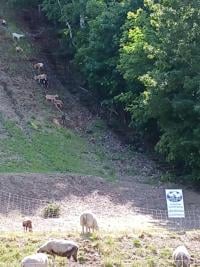
Broken Boat Farm sheep and goats groom Gunstock Mountain for the resort’s annual hillside climb. The goats are clipped to a dog line to keep them from wandering off. The sheep will munch everything within their pen.
Provided by Broken Boat Farm
Their steepest assignment to date: clipping the slopes off-season for Gunstock Mountain’s annual motorcycle hillside climb.
Last week, nine goats and half its herd of sheep noshed under power lines in Bedford.
“It’s environmentally friendly. It’s efficient. We’re not spending a bunch of money on chemicals or to pay a company to mow it and just hope for the best,” said James Seward, one of the Bedford landowners who hired them.
In 2021, McCutcheon hired two additional people — including her husband, who left a remote job in digital marketing.
As a career, “It’s super-fulfilling,” McCutcheon said. “We make places look beautiful without chemicals and equipment.”
A rural thing?
In New Hampshire, a large portion of women entrepreneurs live in rural areas and locations where it can be tough to find high-paying work or jobs that don’t cause burnout.
Julianna Dodson, deputy executive director of Hannah Grimes Center for Entrepreneurship in Keene, and head of its national program, Radically Rural, said that for the past five years 60% to 65% of those who use the Monadnock Region business training and coaching hub are women.
All seven registrants were women for an upcoming business lab. A Radically Rural event in September drew 540 people from 40 states, the District of Columbia and Canada, who came to swap ideas on rural innovation, business models and resources on bio-tech, clean energy, arts and culture, farm and food, downtown small business, journalism and health. Keynote speakers hailed from The Brookings Institution and the Aspen Institute Community Strategies Group.
“We do a great job serving women,” Dodson said. “We don’t have many barriers for anyone. It’s a welcoming, supportive environment for learning technical skills” and marketing — and has coached New Hampshire entrepreneurs, including McCutcheon.
Delivering the bread
For 12 years, Jesstina Murphy worked as a nurse at places like Northern Human Services, the Family Resource Center and the state prison in Berlin.

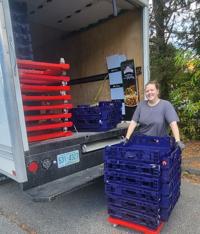
“An investment in yourself can be the greatest gift you’ll ever receive,” says Jesstina Murphy of Berlin, a nurse who now delivers commercial bread brands to stores in Coos County as “The Breadman’s Daughter.”
Provided by Jesstina Murphy
“I loved nursing, but COVID was one of those things that got you to look at your life and say, ‘Is this what I should be doing?’” said Murphy.
With five children in five grades attending classes remotely in their Berlin home, Murphy continued to work in nursing. As a sideline, she tried offering bedbug heat treatments for homes and businesses including motels, but calls for the service were erratic.
In January 2023 she made a wholesale change to work as “The Breadman’s Daughter,” delivering commercial baked goods to stores in Whitefield, Jefferson and Twin Mountain, Gorham and Berlin. Now, she wakes up at 3 a.m. and is done by noon. Twice a week she picks up inventory at a depot in St. Johnsbury, Vermont.
“It’s phenomenal. I’m doing all the billing and driving a big box truck. It’s very lucrative. I go to work and nobody dies. That sounds hard, but it’s the truth.” In nursing, “My good days were really good and my bad days were really bad. Now I put bread on the shelf and people buy it,” Murphy said.
Murphy believes one of the biggest hurdles for women who want to start and run their own businesses is taming the inner voices of doubt and intermittent feelings of guilt.
“It can be a struggle for women who feel conflicted about always having to take care of others,” she said. “It’s a role you play; it’s not who you are.”
“The biggest thing is just to try,” said Murphy, 39, whose five kids are ages 11 to 20 and who keeps her nursing license current.
“The world’s not going to end if you change careers. I have a physical job and there aren’t a lot of women in it. Some people said it would be too difficult and I wouldn’t last. My route has had the number-one growth in the depot at St. Johnsbury. The hardest thing about being an entrepreneur,” Murphy said, “is shutting it off.”
She plans to buy another bread route in two years, hire drivers for it and fill in making deliveries as needed.
‘Growing something’
The Women’s Rural Entrepreneurial Network in Bethlehem, known as WREN, began in 1994 and now has roughly 300 members, most from the Mount Washington Valley and Coos County.
“We’re seeing an increase in people who have had traditional careers wanting to start something new,” Executive Director Pam Sullivan said. Many are “growing something that can turn into a product” — including artisan soaps, lotions and tinctures made from locally-grown farm products — healthier and fresher than mainstream equivalents.
At WREN, women artists learn best practices, social media, marketing, mentorship — what it takes to become profitable.
“In the North Country, you have to pull from other places to be successful,” Sullivan said. “We’re here to help them cast, change, pivot or find out that this isn’t for them at all.”
Kristen Olsen worked the front desk at The Woodstock Inn, Station and Brewery for 13 years — until the White Mountains landmark closed during the pandemic. Olsen brainstormed what she could do at home. She got out the beads she’d purchased in Santa Fe, and submerged herself in online books, photos and videos on jewelry making. She ordered tiny figurines from Germany and embedded them in epoxy earrings.
Today she sells a selection of styles under her brand, Fifi Paris Jewelry, at Local Anchor 603 in Portsmouth, Littleton Food Coop, White Mountain Trading and on Etsy.com.
“You need to love what you’re doing,” said Olsen, 68, of Thornton. “Sometimes you feel insecure and are afraid people won’t like them. Often you may get rejected. If someone says no, you just move on, put it out there and keep trying. It’s persistence. When people tell me my earrings make them smile and make them happy, that’s the best feedback. In this world, we all need a little laughter.”
After a concussion from a car accident in 2019 made it impossible to gaze at a computer screen, Ann Nygard, who works for the university system of Vermont, joined her local maker’s space, learned how to use power tools, and began to craft wooden holiday tabletop villages inspired by her seven years living in Finland and Sweden.
Now the villages made by her small company, Hauskaa, are carried by L.L. Bean. She now employs five makers and graphic artists, uses a professional accountant, and continues her job as director of innovation for a state university system.
“Things have just mushroomed,” said Nygard, 54, who lives in West Burke, Vermont, and got help from WREN. “I just love doing it.” To succeed as a newcomer in a competitive marketplace, “It has to be such a passion for you.” With correctly done spreadsheets, financial statements and planning, “it’s a business, not a hobby.”
Jessica Hipp of Temple is chief operating officer at Way Around, the vision assistance technology startup she founded in 2017 with her father, an architect who battled lifelong vision loss. After a career in marketing and public relations, tech was a world she knew little about.
She’s propelled by making a difference. The Way Around app allows people to navigate their surroundings — even choose clothes in their closet — by reading digital tags placed on items in their environment. It’s also a tool for people with reading difficulties, including dyslexia.
Today she works with banks, state parks, museums and schools to write all the information about their space. Her eight employees and contractors work remotely. At least half are blind. Way Around is currently sold in every English speaking country, she said.
“There are definitely parts that are intimidating” about building a business from scratch, Hipp said. “There have been lots of moments of taking a deep breath and continuing on.”
“The entrepreneurial journey can be lonely.” Networking provides grounding, camaraderie, and a forum for asking important questions, she added. “If you think you might want to try it, do it! But plan for a couple of years to get connected and find people who can help you make it work. Give yourself enough of a runway so you have time to figure things out.”
Hipp made the transition at age 35 and the job allows her to spend time with her children, ages 5 and 9.
“I haven’t looked back,” she said. “Living in rural New Hampshire, I’d have a long commute. Whatever’s next, it will be entrepreneurial. I can’t see myself working for someone in a traditional way.”
A 2021 business survey by Gusto found that women represented 49% of startups in the U.S. — up from 28% in 2019.
Incfile’s survey of 330,000 U.S. entrepreneurs found that the number of women’s startups grew by 48% between 2020 and 2021, compared to 26% for men.
According to Inc., women in the U.S. start approximately 849 new businesses each day, and the number is rising. In the past 20 years, the number of women-owned businesses in the U.S. has increased by 114%.
According to Global Entrepreneurship Monitor, early-stage entrepreneurial activity for U.S. women reached 15.2% between 2020 and 2021, compared to the worldwide average, 10.4%.
Women age 25 to 34 account for the largest segment of female entrepreneurs globally, Incfile reported.
Of money invested in businesses, the portion invested in women-led businesses dropped from 4% in 2018 to 2% in 2021, according to World Economic Forum’s 2022 Global Gender Report.






